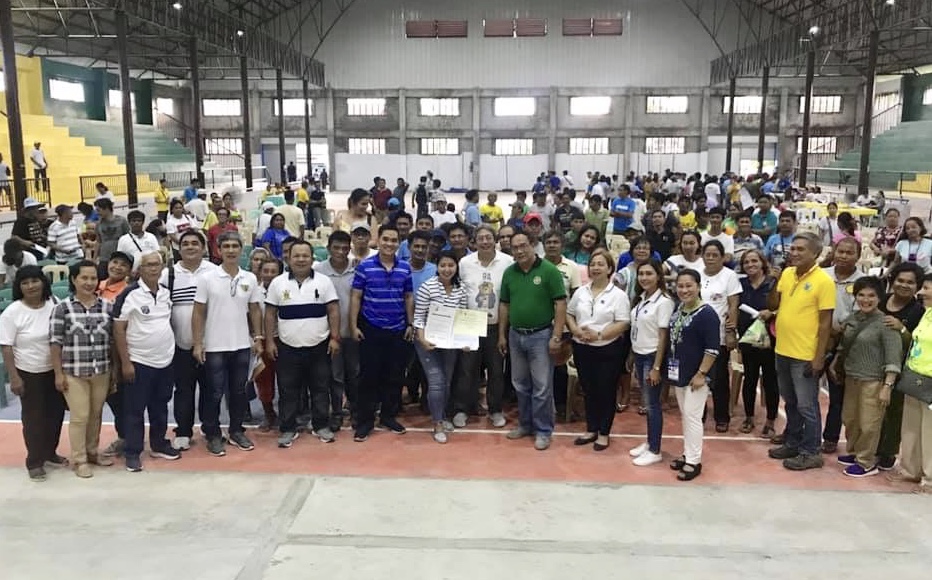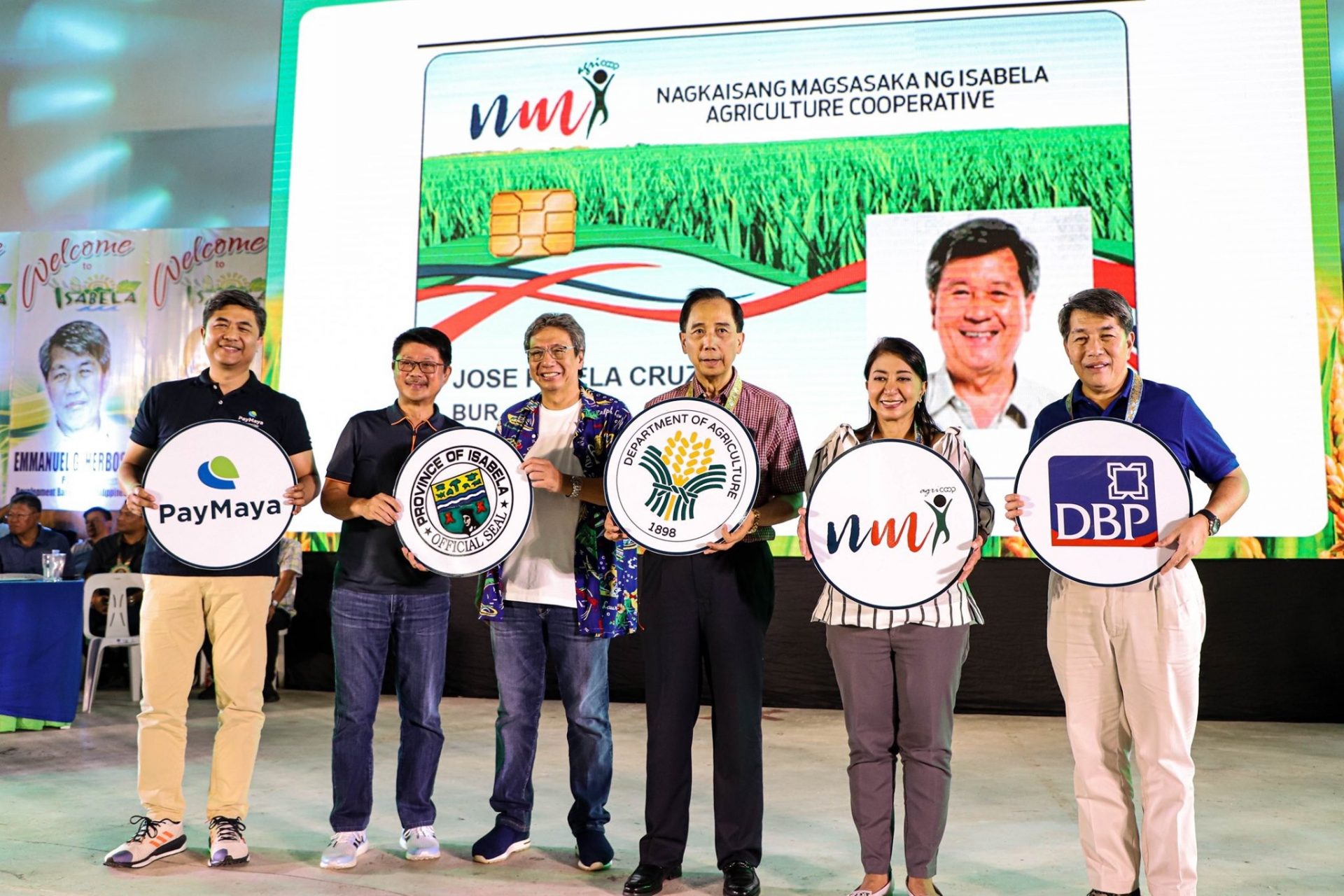By: Jurela V. Cruz and Leann R. Fontanilla
Agriculture remains to be one of the most controversial issues nowadays due to the implementation of the Rice Tariffication Law. On February 14, 2019, President Rodrigo Duterte signed into law the Rice Tariffication Law which aims to ensure food security, make the country’s agricultural sector viable and globally competitive by using tariffs, and stabilize food prices and inflation. However, it allows rice importation at cheaper price. With that, local rice farmers have dilemma on marketing their products at a reasonable price. This resulted to low price of local rice, benefitting the rice eating populace, but hurting the livelihood of Filipino farmers. The Province of Isabela, farming being its primary source of livelihood, was greatly affected by the enactment of the Rice Tariffication Law. Local rice farmers clamor on how little they are earning since the law was implemented.

On July 16, 2019, timely with the planting for wet season, driven by the goal to help the farmers in the province, the Provincial Governor, Hon. Rodolfo T. Albano, III, thought of organizing an agriculture cooperative. On that day, 59 small farmers and staff of Municipal Agriculture Offices attended the Pre-Registration Seminar to capacitate them on the knowledge they need in organizing, joining and managing a cooperative. These farmers saw the urgent need of forming a cooperative which made them decide to register the Nagkaisang Magsasaka ng Isabela Agriculture Cooperative (NMIAC) with business address at Magsaysay, Naguilian, Isabela and was eventually registered on August 28, 2019 with Registration No. 9520-1020000000047463.
Dubbed as “Super Coop,” its objective is to benefit the marginalize farmers in marketing their wet and dry rice products. But it will not stop on marketing only, the Super Coop also ventures into milling and other processing activities which will add value to the products of small rice farmers in the Province of Isabela.
Believing that the most vulnerable group in the implementation of the Rice Tarrification law are small farmers, the Super Coop only accepts members who are rice farmers with less than two hectares of farm land. The main focus of the cooperative is to protect these small farmers from the negative effects of the Rice Tariffication Law and for them to have a more sustainable livelihood.
Just less than a year from the approval of its registration, its membership expanded to 8,594 members, covering the 30 municipalities and 2 component cities of the Province of Isabela. Members were asked to pay a membership fee of Php 200.00 and paid-up capital of Php 1,000.00 an amount which is minimal compared to the benefits it will receive from being a member of the cooperative.
This Super Coop, through its officers and partnerships with LGUs in the Province of Isabela, offers products and services that is beneficial to its farmers-members. On September 2019, this Super Coop bought the palay products of its members at 5-peso higher than the prevailing market price. Members are allowed to sell up to a maximum of 80 bags (50 kg/bag), thus giving farmer-members an additional Php 20,000.00 income per cropping season. In addition, members need not to worry for the hauling cost of their products since the different Local Government Units have collaborated with the Provincial Government of Isabela for the transport of their products.

Lesser risk exposure to cash handling were also provided to the members since payment of their products was made through automated teller machine (ATM) identification cards, which was made possible through its partnership with the Provincial Government of Isabela and Development Bank of the Philippines-PayMaya.
In relation to the Sustainable Development Goal No. 2, Zero Hunger, members of the Super Coop promotes food security by processing the wet and dried palay acquired from its members to guarantee enough rice supply in the province. The cooperative is renting a rice mill facility at Reina Mercedes, Isabela for the processing of milled rice.
The Provincial Government of Isabela purchases the majority of the coop’s milled rice and is distributed to the latter’s employees. There are also walk-in customers who patronize their products.
However, running a business is never easy. NMIAC’s businesses require large amount of capital so they resorted to government agencies with projects and programs geared towards enhancing the smooth and continuous development of cooperatives. The Provincial Government of Isabela lend them Php40,000,000.00 to be used in buying their members’ products. In addition, the Development Bank of the Philippines provided them a credit line of Php 450,000,000.00 under the Department of Agriculture’s Rice Competitiveness Enhancement Fund (RCEF) Program.
Undeniably, NMIAC, through its different programs, provides farmer-members sustainable livelihood farming that would empower not only them or their families but the whole community as well.
The Nagkaisang Magsasaka ng Isabela Agriculture Cooperative proves that cooperatives are instruments of equity, social justice and economic development.






